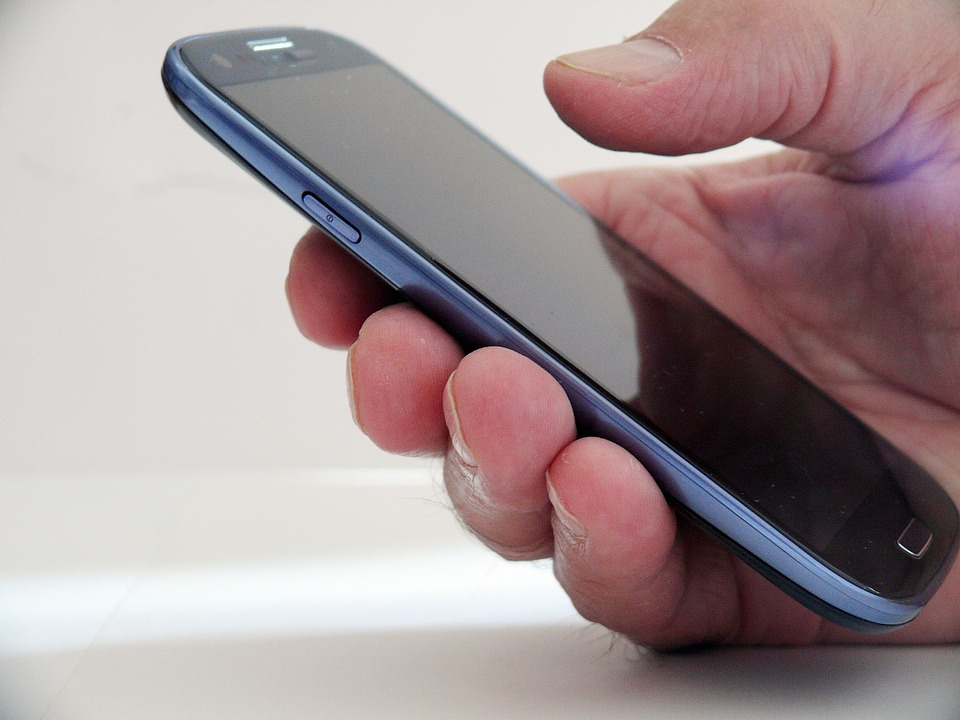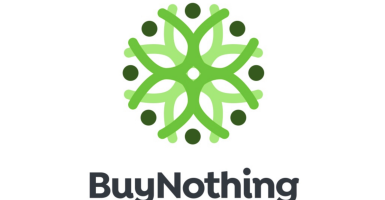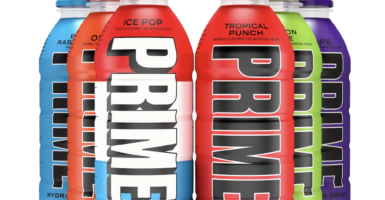Verizon Is Data Mining Its Users?
Verizon is data mining its users in order to send targeted ads and promotions.
This article is more than 2 years old

Maintaining one’s personal privacy in the digital space is becoming increasingly more difficult to achieve. Especially as many companies work to find legal loopholes that allow them to mine their customers for data so that they can turn more of a profit from it. Google does it, Facebook does it, and countless other companies do, too. It is only more recently that lawmakers and regulators are trying to implement more effective strategies that better safeguard individual privacy. Still, that is not stopping many companies from trying to acquire as much info on you as they can. According to The Verge, Verizon is the latest company to be caught redhanded.
An article initially put out by Input detailed that Verizon automatically ops its customers into what they are calling the “Verizon Custom Experience” and the “Verizon Custom Experience Plus.” Input’s findings revealed that the opt-in setting is turned on for all customers and that the customer themselves must go in and manually turn the setting off if they don’t want to be a part of the “experience.”
According to Verizon the reason they have the programs put in place is so that they can offer their customers the optimal personal experience and that by a customer opting into the programs Verizon will be able to not only communicate with their customers more effectively but they will also be able to send them promotions and ads that would be most relevant to that particular individual.
All of this information is detailed on Verizon’s official website, which is good, what is not good is the fact that they are not telling their customers about this “beneficial program” that they are automatically opted into. In fact, one Verizon customer, Andrew Paul, said that he only discovered the feature even existed after inadvertently opening an advertisement from Verizon that spoke of the program.

Paul explained that the advert prompted him to check his own privacy settings and low and behold the options for both the Verizon Customer Experience as well as the plus version were both set to the on position. “I found that “Custom Experience” and “Custom Experience Plus” were both already toggled on. I don’t recall ever turning either of these features on, or being asked about it,” said Paul.
Further investigation revealed that the Plus version of the Customer Experience program, which is far more invasive than the basic version, should not have been automatically turned on. Verizon specifically states on its website that a customer has to choose to opt into that “enhanced” experience. The plus option allows Verizon to tap a user’s location data and call logs in order to, in their words, “better understand your interests.” Verizon has asserted that while both programs collect data about their customers, the information obtained is only used internally and is not sold to third parties.
Verizon’s Customer Experience programs are certainly something that its customers should be aware of, but their covert actions, unfortunately, are not unique to them. Both T-Mobile and AT&T have rolled out similar programs in an effort to obtain user data with the intention of enhancing their experiences. At present, the best thing users concerned about their privacy can do is to stay informed and up to date about any new policies and programs put forth by companies that have immediate access to their personal data.






